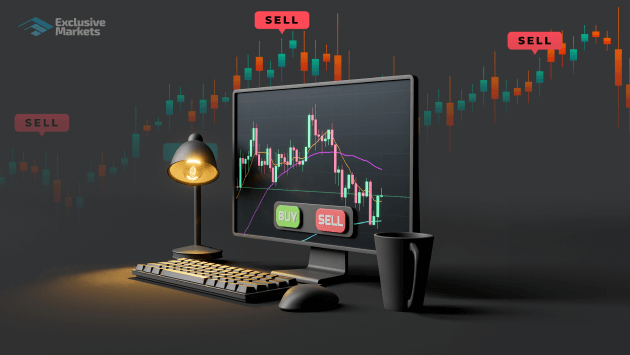
Understanding Forex Currency Trading: Strategies, Risks, and Opportunities
Forex currency trading has emerged as one of the most accessible financial markets for traders around the globe. By providing the ability to trade 24 hours a day and the potential for significant profits, Forex attracts millions of participants. One of the key benefits of Forex trading is the wide array of forex currency trading Forex Brokers in South Africa available, allowing traders to choose platforms that suit their specific needs.
What is Forex Trading?
Forex, or foreign exchange, is the global marketplace for exchanging national currencies against one another. It’s the largest financial market in the world, with trillions of dollars traded every day. Traders speculate on currency movements based on economic indicators, political events, and market sentiment, making it a dynamic and exciting arena.
How Forex Trading Works
Forex trading involves buying one currency while simultaneously selling another. Currencies are traded in pairs, such as EUR/USD or GBP/JPY. The first currency in the pair is the base currency, and the second is the quote currency. The exchange rate tells traders how much of the quote currency is needed to purchase one unit of the base currency.
Understanding Currency Pairs
Currency pairs can be categorized as major, minor, and exotic pairs. Major pairs involve the most traded currencies, such as the US Dollar (USD), Euro (EUR), and Japanese Yen (JPY). Minor pairs do not involve the USD, while exotic pairs include a major currency paired with a currency from a developing economy. Each categorization presents unique trading opportunities and risks.
Key Concepts in Forex Trading
Leverage
Leverage allows traders to control larger positions than their initial investment. For example, with a 100:1 leverage ratio, a trader can control $100,000 in currency with just $1,000. While this can amplify profits, it also increases the potential for significant losses.
Margin
Margin is the amount of capital required to open a leveraged position. Understanding margin is critical as it directly influences a trader’s ability to manage risk and avoid margin calls, which occur when the broker requires additional funds to maintain an open position.
Spread

The spread is the difference between the bid price (the price at which a trader can sell a currency) and the ask price (the price at which a trader can buy a currency). Spreads can vary depending on market conditions and the broker used. Traders should be mindful of spreads as they impact overall trading costs.
Trading Strategies
Technical Analysis
Many Forex traders rely on technical analysis to make informed decisions. This involves analyzing price charts and using indicators to identify trends, support and resistance levels, and potential entry and exit points. Popular tools include moving averages, Relative Strength Index (RSI), and Fibonacci retracement levels.
Fundamental Analysis
Fundamental analysis focuses on the economic factors that determine currency value, such as interest rates, inflation rates, and economic indicators like Gross Domestic Product (GDP). Traders who use this approach stay informed about news events and economic reports that may impact currency movements.
Sentiment Analysis
Sentiment analysis gauges the mood of the market. Understanding whether traders are primarily bullish or bearish can help traders anticipate future price movements. Market sentiment can be influenced by news events, market psychology, and overall economic conditions.
Managing Risks in Forex Trading
Risk management is crucial for success in Forex trading. Traders should use stop-loss orders to limit losses, diversify their trades, and only risk a small percentage of their capital on each trade. Developing a solid trading plan that includes risk management strategies helps traders stay disciplined and avoid impulsive decisions.
Choosing a Forex Broker
The selection of a Forex broker can significantly impact your trading experience and success. Traders should consider factors such as broker regulation, trading platforms, commission structures, and available currency pairs. Researching Forex Brokers in South Africa can provide insights into reputable options that cater to local traders.
The Future of Forex Trading
As technology evolves, the Forex market continues to change. The rise of algorithmic trading, artificial intelligence, and blockchain technology are shaping the future landscape of Forex trading. Traders who adapt to these changes and leverage new tools and technologies will be better positioned to capitalize on opportunities in this dynamic marketplace.
Conclusion
Forex currency trading offers numerous opportunities for profits, but it also comes with risks that traders must navigate. By understanding the fundamentals, developing effective strategies, and managing risk, traders can position themselves for success. Whether you are a novice or an experienced trader, staying informed and continuously learning about the market will enhance your trading skills and potentially lead to lasting success in the world of Forex.

